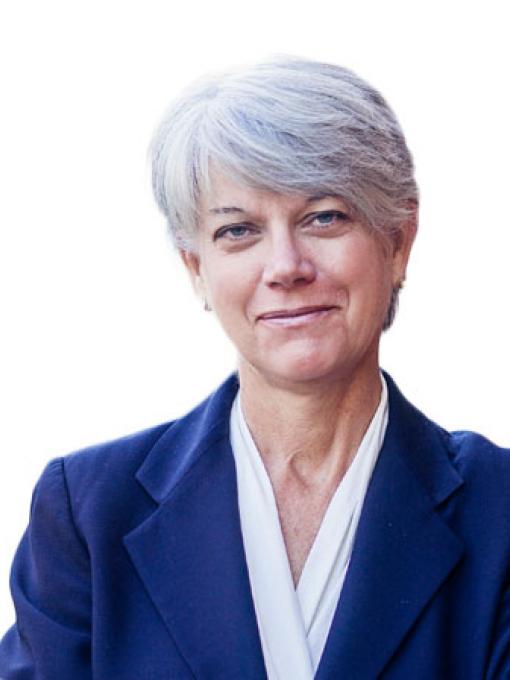In the United States, 100,000 people; across the globe, 350,000 people. All dead from the COVID-19 pandemic that has hit our country like a tsunami; that has devastated people across the globe. It is a time of cosmic sadness that calls us to pause, to reflect. At FCNL, we join with siblings from many faith communities in a time of mourning, a time of lament for the lives lost, the families in despair, the feeling of hope diminished.
We are called to speak their names, to honor their lives and to renew our strength.
Join a national day of prayer and remembrance on Monday, June 1 for a period of silence to remember those who have died.
We mourn for the individuals and for their loved ones, for the inability to complete the ritual of death that has religious and community import. Our hearts are broken by the scale of grief and loss that has disproportionately harmed African American, Native American, and Latinex communities and the elderly and medically vulnerable.
Religious communities across faiths are acting with unprecedented unity. Between May 29-31, people will pause in worship to mourn, memorialize, and remember the lives lost. Together, we will pray for the healing of our nation.
On Friday, Eid al-Fitr festivities will continue as Muslims ended the holiest month of Ramadan. On Friday and Saturday, Jews will remember God’s covenant as they celebrate Shavuot and read remembrance prayers. On Sunday, Christians will celebrate Pentecost, the outpouring of the Holy Spirit. However we worship, we will name, honor, and lament the lives and families of those who have died.
FCNL and many religious communities call on our political leaders to join us on June 1 for a national day of prayer and remembrance. At noon, local time, we ask everyone to pause for a moment of silence to remember those who have died.
Our lament will also honor hard truths we have learned during this pandemic: our suffering has been unequal.
We come together both to weep and mourn with families who have not been able to memorialize, mourn, or properly bury their dead because of COVID-19. Our lament will also honor hard truths we have learned during this pandemic: our suffering has been unequal. Elders have been vulnerable and alone, black and brown neighbors have disproportionately borne the brunt of sickness and death. Native communities have been particularly hard hit—as they have been so many times in the past. Asian Americans have been increasingly targeted by hateful words and actions.
Our prayers for the healing of our nation must acknowledge the brokenness of our democracy. We lament the failure of leadership by the president in this time of crisis and rededicate ourselves to repair the systemic injustices this pandemic has laid bare. Our persistent voices to hold our elected officials accountable for actions to bring about a society with equity and justice for all, and a community where every person’s potential may be fulfilled, help renew our hope in the face of grief.
This momentous and tragic milestone of 100,000 humans gone is a deeply somber and grievous marker, but in this collective remembrance we gather strength. We pray for both healing and hope—for our nation and the world. As a people we have borne this pandemic’s cost in the lives of our loved ones; as a people we shall honor and mourn them together, drawing hope and renewal for the future.
